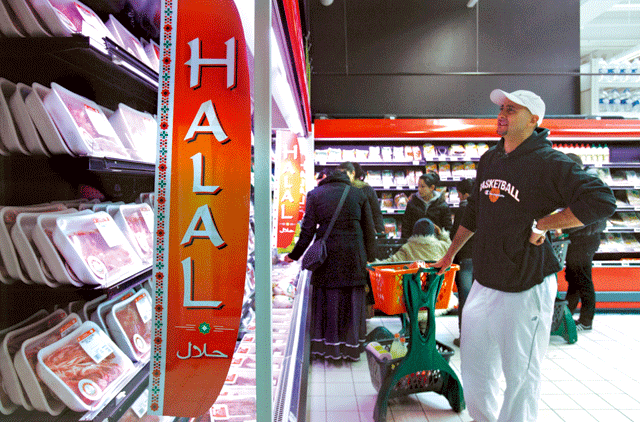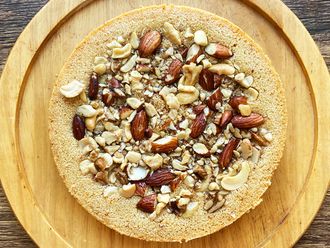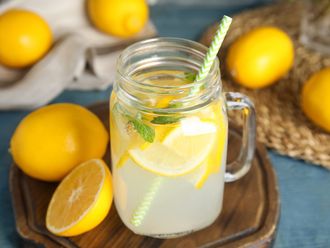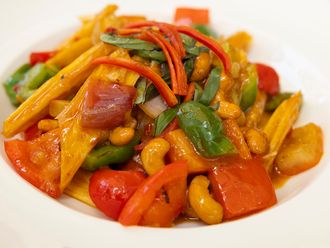
Halal food can be found where few people expect it. Shinto-dominated Japan has recently discovered the halal market. The country wants to tap global trade of halal food and products through the Japan Halal Association that recently became a recognised halal-certifying body under the Department of Islamic Development Malaysia. It is the most influential association in the sector in the East and South East Asia.
Emerging trend
"The Japanese have discovered halal as a business and are interested in building trade relations with halal producers," Prof. Winai Dahlan, Director, Halal Science Centre at Bangkok’s Chulalongkorn University, tells GN Focus.
Dahlan introduced the halal trend in Japan and is now trying to build a network between Japan and like-minded Association of South East Asian Nations. "We have seen that when the Japanese order poultry from Thailand they only want it halal as they feel it is more healthy and clean. A lot of halal restaurants are opening in Tokyo and other cities," he adds.
Most of Japan’s population is either Shintoist or Buddhist, but there are about 120,000 Muslims who have difficulty finding halal food. The halal concept has been little known to the society, but in the past few years the Muslim population as well as the number of Muslim expatriates in Japan have been increasing, so the demand for halal food has grown.
In December 2012, the Japan Halal Association approved a Nagano-based miso paste company, which became the world’s first halal miso paste provider. Miso is one of the most common ingredients of traditional Japanese cuisine. "This halal certification enables Japanese cuisine to be welcomed in Muslim countries and encourages other Japanese producers to explore their possibilities in the halal industry," says Hind Hitomi Remon, Director, Japan Halal Association.
Remon says the number of restaurants offering halal dishes has increased rapidly over the past ten years, with about 200 restaurants across the nation currently offering halal meals.
Other non-Muslim countries in the region such as Thailand are also tapping into the market. Plans are under way to promote Thailand as the World’s Muslim Kitchen, with a project to establish a halal industrial estate in Songkhla, a Muslim-dominated region in southern Thailand. The major tourist cities of Phuket and Chiang Mai with their sizeable number of Muslim tourists are also preparing to capitalise on the growth in halal industries. In Thailand, many food items and even drinking water have halal certifications printed on them.
Malaysia also has its eyes on the halal market and has come up with an industrial master plan that runs until 2020 to develop its industries.
Becoming a leader in the global halal food and services is part of the plan.
The South East Asian market is important as the region with its 600 million populace has a 46 per cent share of Muslims, which makes up for 15 per cent of all Muslims globally and a halal food market volume of $105 billion (about Dh365 billion) annually.
International market
In the West, halal food is popular in countries with a large Muslim population such as the UK and France. London alone has many halal-only restaurants, mainly in East London, and quite a few cater to halal tastes. In the US, halal food is served even though the four-million Muslim population is rather small.
In between lies the Middle East, and Dubai in its recent drive to become a worldwide hub for the Islamic economy is also setting up its own halal food industry, including certification bodies. This January, it was announced that Dubai will launch an international accreditation centre for halal food.
"The centre will carry required tests for halal food and other products to ensure all such products are free from any chemical or artificial additions that are not complying with the Islamic law," says Hussain Nasser Lootah, Director General, Dubai Municipality, in a statement.
"Due to the increased activities of food trade and other products, Dubai can serve the entire world as an authorised centre to issue halal food compliance certificates," he adds. So far, Malaysia has traditionally been used to certify products in the UAE, but now Dubai goes its own way.
















